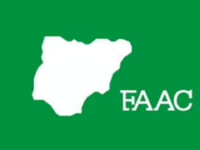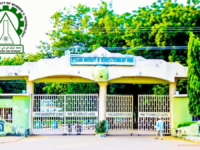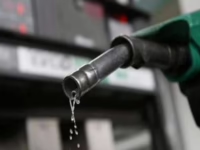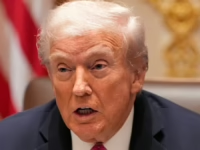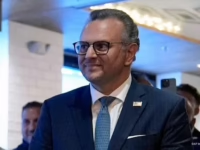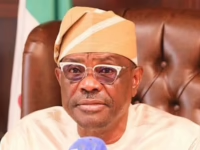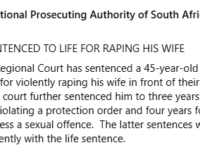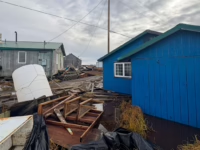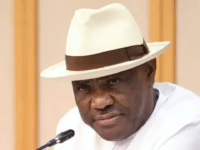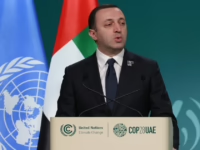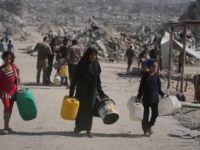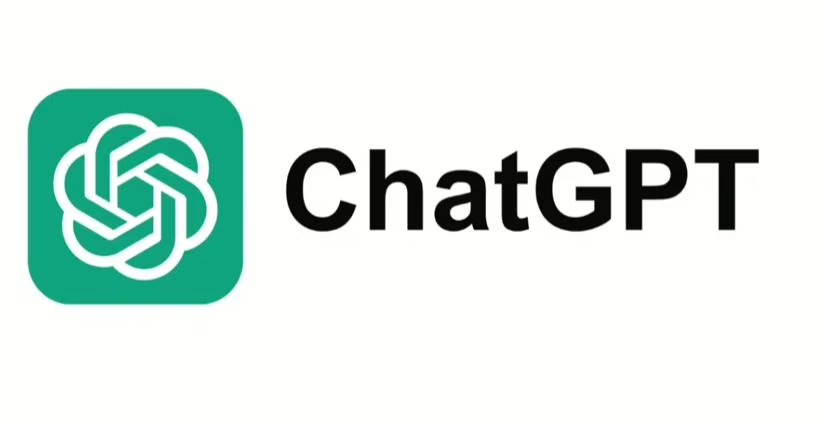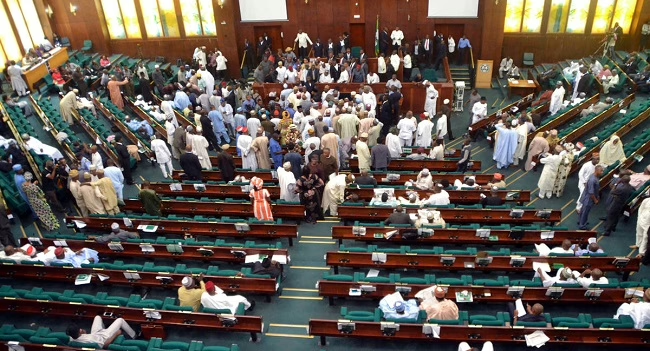The House of Representatives has initiated a comprehensive inquiry into the administration of oil spill remediation funds in the Niger Delta, aiming to expose any misappropriation, promote transparency, and secure justice for communities severely affected by environmental pollution.
Okpolupm Etteh, chairman of the newly formed ad hoc committee, made this commitment during a hearing held on Thursday at the National Assembly Complex in Abuja.
Established under the directive of Speaker Tajudeen Abbas, the committee’s mandate includes scrutinizing the allocation and use of funds designated for environmental restoration, evaluating the actual progress of clean-up initiatives, and pinpointing institutional deficiencies in the agencies responsible for oversight. The panel is also tasked with engaging stakeholders such as local communities, oil companies, and civil society organizations before delivering its findings and recommendations to the House.
During the session, Etteh emphasized that the investigation would focus on the management of resources allocated to the Hydrocarbon Pollution Remediation Project (HYPREP) and related programs.
“Our committee has been charged with the responsibility to thoroughly examine how oil spill clean-up funds have been handled. Our mission is straightforward-to reveal the facts,” he stated.
“We will conduct a detailed review of project execution, procurement procedures, capacity-building efforts, intelligence sharing, and the actual impact of remediation and compensation efforts on Niger Delta communities.”
Also read: Top 10 headlines from Nigerian Newspapers, Friday, October 17
Etteh highlighted that the probe would extend beyond mere financial audits to assess the effectiveness of regulatory bodies, transparency in contract awards, and the tangible outcomes of remediation projects funded by both the Federal Government and international partners.
“Should our monitoring uncover discrepancies, delays, or irregularities, the committee will not hesitate to hold accountable those responsible and propose necessary corrective actions. Our priority is to ensure that funds intended for environmental restoration truly benefit the affected populations,” he added.
He assured that all proceedings would be meticulously documented to uphold accountability, and that witnesses summoned must provide “accurate testimonies, genuine documents, and verifiable proof of completed work.”
Etteh urged full cooperation from all government bodies involved in the clean-up efforts.
“This includes agencies such as the Hydrocarbon Pollution Remediation Project, the Nigerian Upstream Petroleum Regulatory Commission, the National Oil Spill Detection and Response Agency, the Federal Ministry of Finance, among others,” he noted.
Speaker Tajudeen Abbas reiterated the House’s resolve to guarantee justice for the Niger Delta people and ensure that every naira allocated for environmental recovery is judiciously spent.
“Our legislative role is to oversee that public funds are not only disbursed but utilized efficiently for the collective good,” Abbas remarked.
“This inquiry will clarify who controls these funds, how they are deployed, which communities benefit, and whether transparency and accountability have been upheld throughout.”
Representing the Speaker, Chief Whip Usman Kumo called on all relevant agencies to comply fully with the committee’s requests and provide comprehensive documentation.
“We urge these agencies to respond to the committee’s summons with all necessary information to enable fair, balanced, and just conclusions. The House remains committed to legislative oversight to ensure the oil spill clean-up objectives are met transparently and effectively,” Kumo affirmed.
However, the hearing sparked controversy when Emmanuel Mac Jaja, a director at the Nigerian Upstream Petroleum Regulatory Commission (NUPRC), voiced strong objections to the proposed creation of a National Commission for the Decommissioning of Oil and Gas Installations.
Jaja argued that the proposal was “redundant, unnecessary, and inconsistent with global best practices,” cautioning that it might deter investment in Nigeria’s oil and gas sector.
He elaborated, “The Petroleum Industry Act 2021 already grants the NUPRC and the Nigerian Midstream and Downstream Petroleum Regulatory Authority the authority to oversee decommissioning activities within their jurisdictions, and these duties are currently being executed effectively.”
This ongoing investigation aims to bring clarity to the management of billions of naira allocated for Niger Delta clean-up operations, amid mounting dissatisfaction from residents who contend that the region remains heavily contaminated despite prolonged government efforts.





